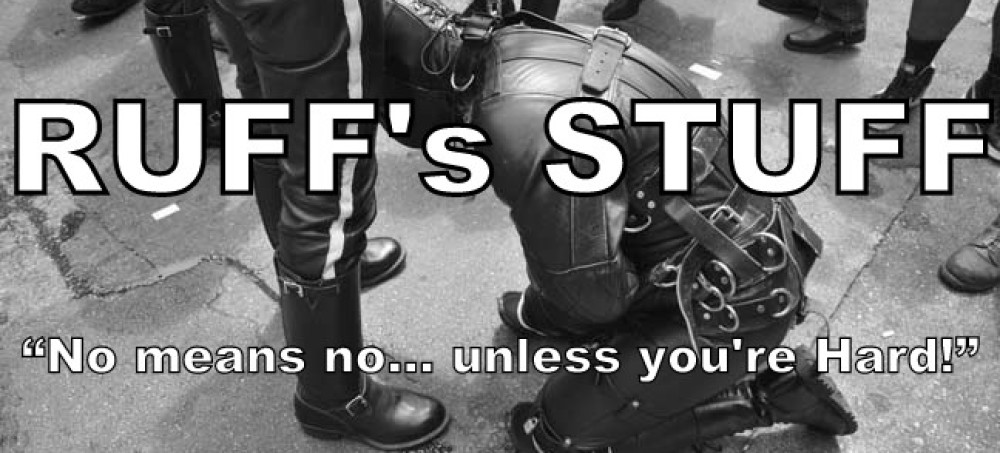A new short film from director Michael Rohrbaugh takes a withering look at how oppressing masculine gender norms can truly be.
American Male follows a muscled-up frat bro as he goes through his day performing his ‘masculine’ identity–playing beer pong, doing steroids, chugging pre-workout, lifting weights, watching sports, hazing pledges, and most of all avoiding any behavior that could be deemed weak, feminine, or gay. Which are all basically different words for the same thing in the character’s mind.
Through a haunting voiceover that reads almost like a journal entry that could be titled “How to be straight”, we hear the internal monologue of this bro who will go to any length to hide his true feelings from the world. His words serve as instructions and also as a catalogue of all the things he must do to prove his heterosexuality, and hence his masculinity–and hence his worthiness.
“Order beer. Not wine. And beef, not chicken. Never light beer, though. And tofu. Can’t get more gay than tofu,” he says to himself, for instance, steering clear of making any choice that could suggest to others that he is gay.
In the end, the effect of all the frat bro’s performed ‘masculinity’ is that he becomes dehumanized. “I am no longer a person but a set of social cues,” he says.
American Male was recently singled out by MTV as one of the winners of its Look Different Creator Competition, which invited emerging filmmakers to create groundbreaking films on the topic of privilege.
Actor/comedian/activist Kenny Neal Shults says of the project,
“I think the most interesting thing about this video is how, as a gay man, it defines my own internalized oppression. Not only do I understand and know this male standard intimately as a man, and therefore act on these sentiments, but I am attracted to men who espouse them. I see men like this and my immediate association is “straight.” Which I know to be false anyway because gender expression and sexual orientation are two very different things. There are plenty of gay men that subscribe to the tenants the main character outlines, and most of the time I am saddened by the notion that I will never “have” one. At the same time, I, again, know very well that this need to present as “masculine” is often the result of tremendous internalized pressure to project this “set of social cues.” Either because it makes them feel safe, because their father instilled these ideas, because they are trapped in adolescence like so many gay men, or because it makes them feel more attractive and therefore worthy. The men who were “men” that I have had relationships with have all eventually shown their hand by plainly struggling with this need to appear strong, while unconsciously begging to be released from it in some way. Although I know this to be a weakness in an of itself, I still long for frat boys and bullies, likely because eroticizing them is an easier emotion to live with than terror. A friend once told me that if I had a clothing line it would be called “in plain sight” because the way I dress broadcasts my desire not to stand out in any way. Not only does this keep me safe, but like an adolescent I still attempt to look like the people to whom I am attracted.”
This fall, Rohrbaugh will be directing a network documentary exploring LGBT issues in American sports. He will also be going to market with his feature script, American Grunt, a military drama set during the final days of Don’t Ask, Don’t Tell.
The very well written FULL ARTICLE is available over at Towleroad.
